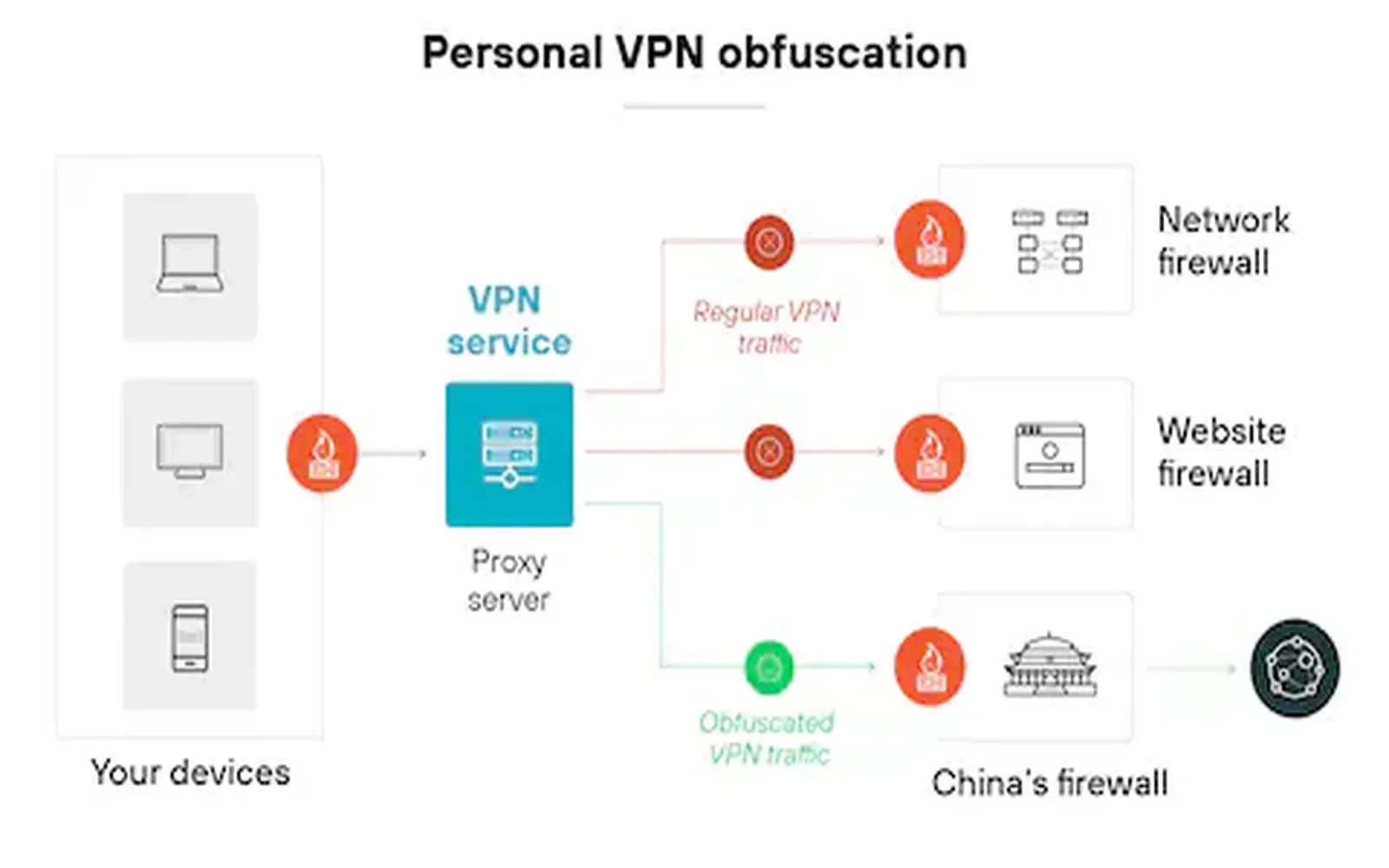As we approach 2025, the significance of data privacy continues to escalate. With technological advancements and the proliferation of digital interactions, understanding how to safeguard personal information is paramount. Employers, consumers, and governments alike are increasingly prioritizing data protection measures to ensure that sensitive information remains secure. This article explores the importance and impact of data privacy in 2025, highlighting key trends and considerations.
The Growing Importance of Data Privacy
In recent years, we have witnessed an alarming increase in data breaches and cyber-attacks, leading to severe consequences for individuals and businesses. According to a report by Cybersecurity Ventures, the cost of cybercrime is projected to exceed $10.5 trillion annually by 2025. Such statistics underline the urgent need for enhanced data protection strategies.
Data privacy is not just a legal obligation but also a vital business imperative. Consumers are becoming more aware of their rights regarding personal information. A recent survey revealed that 79% of consumers expressed concerns over how their data is used by companies. This growing awareness is prompting businesses to adopt robust data protection policies to maintain customer trust and loyalty.
Legislation and Regulatory Changes
As data privacy concerns rise, governments around the world are enacting stricter regulations. The General Data Protection Regulation (GDPR) in the European Union set a precedent for data privacy laws globally. By 2025, we expect to see more countries implementing similar regulations to protect consumers and hold businesses accountable.
For instance, the California Consumer Privacy Act (CCPA) has inspired several states in the U.S. to propose their own data protection laws. These regulations empower consumers with rights such as access to their data, the ability to request deletion, and transparency regarding data collection practices. As compliance becomes mandatory, businesses must invest in data protection frameworks to avoid hefty fines and legal repercussions.
The Role of Technology in Data Privacy
Advancements in technology play a dual role in the realm of data privacy. On one hand, they enable better data protection mechanisms, while on the other, they pose new challenges. The rise of artificial intelligence (AI) and machine learning can enhance security measures, allowing for real-time monitoring and threat detection.
However, these technologies also raise ethical questions about data usage. In 2025, organizations will need to navigate the delicate balance between leveraging AI for insights and respecting individual privacy. Implementing privacy-by-design principles will be crucial to ensure that data protection is embedded within the technological framework.
Consumer Expectations and Trust
In 2025, consumer expectations surrounding data protection will continue to evolve. The demand for transparency and control over personal data is rising. Companies that prioritize data privacy and clearly communicate their practices will stand out in a competitive market. Research shows that 87% of consumers are more likely to buy from a company that is transparent about its data collection and usage policies.
To build trust, businesses must provide users with clear privacy notices, straightforward opt-in and opt-out options, and easy-to-understand terms of service. Fostering a culture of trust will not only enhance customer relationships but also mitigate the risk of reputational damage associated with data breaches.
The Impact of Data Privacy on Business Operations
Data privacy is not just a compliance issue; it is a critical component of business strategy. As organizations strive to protect consumer information, they will need to invest in comprehensive data protection programs. This includes training employees on privacy best practices, conducting regular audits, and implementing advanced security technologies.
Furthermore, businesses may need to reevaluate their data collection practices. By minimizing the data collected and focusing on relevant information, organizations can reduce the risk of exposure during a data breach. This shift towards data minimization will not only strengthen data protection measures but also enhance operational efficiency.
Conclusion: Preparing for a Privacy-Centric Future
As we move towards 2025, the landscape of data privacy will continue to evolve. The importance of data protection will be more pronounced than ever, influencing consumer behavior, legal frameworks, and business strategies. To thrive in this privacy-centric future, organizations must proactively adapt to changing regulations, leverage technology responsibly, and foster trust with their customers.
In conclusion, understanding the dynamics of data privacy and its impact is essential for individuals and businesses alike. By prioritizing data protection, we can create a safer and more secure digital environment for everyone.
With the right strategies in place, we can embrace the future of data privacy with confidence, ensuring that personal information is respected and protected.









